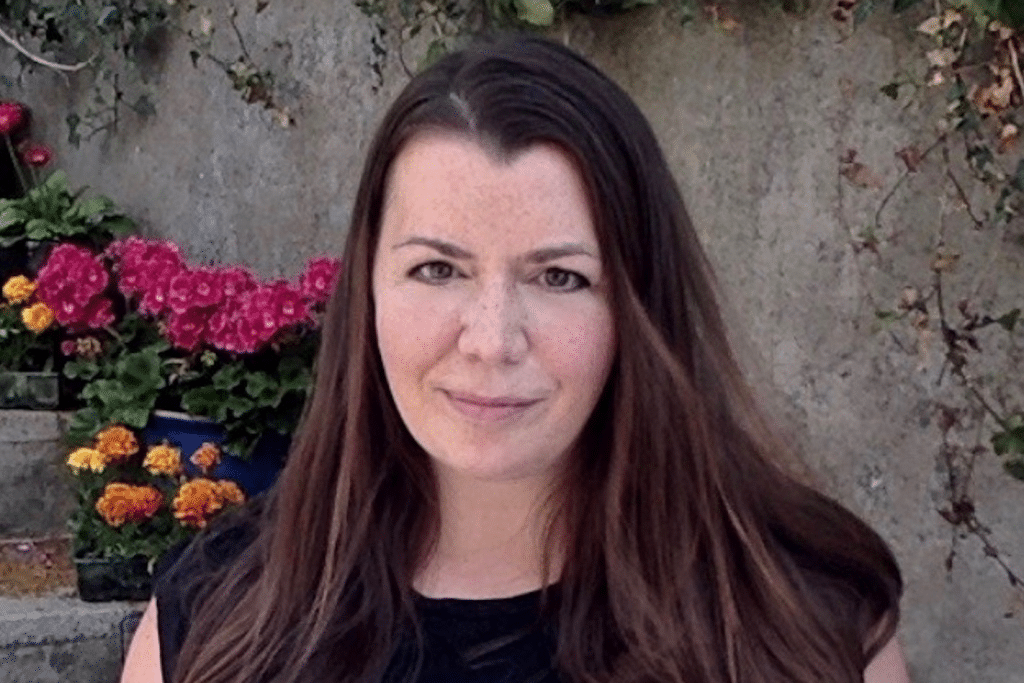5th June 2020
As part of #BreastfeedingCelebrationWeek, we are delighted to share a blog by Professor Amy Brown, Professor of Child Public Health at Swansea University, on why we must also focus on supporting those who haven’t been able to breastfeed.

Professor Amy Brown, Professor of Child Health at Swansea University
Why we must also focus on supporting those who haven’t been able to breastfeed during Breastfeeding celebration week
The theme of the #BreastfeedingCelebrationWeek this year has been to promote and support breastfeeding during COVID-19. Whenever I see a slogan about promoting or supporting breastfeeding, it always makes me think of the many women out there who weren’t able to breastfeed for as long as they wanted to. They stopped usually due to a lack of support, whether that was with complications, misinformation or negative attitudes from family and friends, and then, on stopping, also found there was a lack of support for that too.
Up to ninety per cent of women who stop breastfeeding in the first six weeks were not ready to do so. Many were often not given a proper answer for why they were struggling so much, brushed off with ‘many women can’t breastfeed, it’s fine to move onto formula’. Their babies may be just fine, but these women often aren’t. Although some will be happy enough to move over, my research shows the sheer emotional impact of not being able to do something they have been told was so important all through pregnancy.
These women feel like failures, guilty at not being able to feed and grieving the way of feeding and mothering their baby that they had envisaged. These feelings can last a long time. I once had a mother tell me her story about having to stop breastfeeding with such passion and hurt. Her ‘baby’ had just retired that week.
When we call for support for breastfeeding, it’s not just about support to help it go well. It should mean investment for when it’s not working too. Lots of women find it difficult that there are rarely any diagnoses for why they can’t make enough milk, just the common line that many can’t. I find it hard to believe that we’d simply brush off any other part of the human body not working with the same phrasing.
Others want someone to talk their experience through with, but don’t know who to turn to. They’re often simply told to give formula with no consideration of how they might be feeling. They may be told that their baby will be fine, that ‘fed is best’ or the main thing is that your baby is fed. Maybe. Maybe their baby is thriving but although formula might fix the issue of feeding the baby it may not fix how the mother feels.
Women need support, not just to breastfeed but to have real answers and to be able to talk through their experiences when it doesn’t work out. That’s what supporting and promoting breastfeeding also means and why we continue to call for investment for all women.
Read more
https://welldoing.org/article/why-breastfeeding-grief-trauma-matter
https://www.mybaba.com/dont-tell-me-fed-is-best-my-body-should-be-able-to-breastfeed/
https://www.pinterandmartin.com/why-breastfeeding-grief-and-trauma-matter






